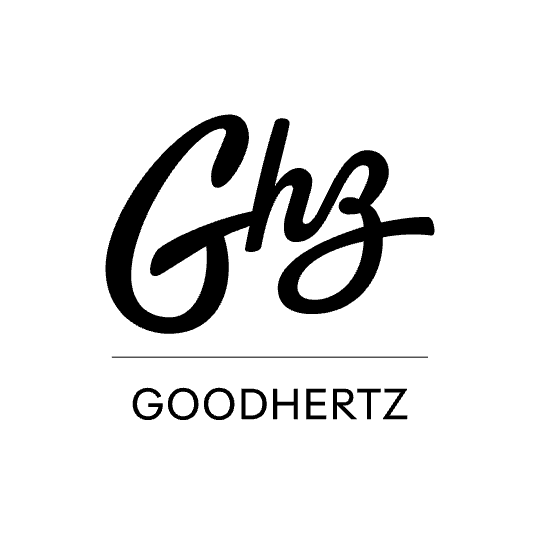Advanced Controls
Trem Control has 1 page of advanced controls. Click on the image below to see the advanced page in detail. You can also read about the advanced controls in the plugin manual.
Made for everything from recreating the classics, to animating the modern, to hearing the unheard, Trem Control is a classically-inspired tremolo powerful enough for the 21st century.
We love tremolo because it adds a human touch: the unsteadiness of a singer’s voice, or of Coleman Hawkins’ tenor on “Body and Soul.” And for nearly a century, innovators have brought that wavering to new instruments, inventing the unforgettable shimmer of Lionel’s vibraphone1, and the soulful wobble of a Rhodes.
But we also love tremolo when it’s more than a sine wave — that is, when it completely transforms a sound and imparts a rhythm or timbre otherwise unimaginable.
And yet most digital tremolos fail to capture all of the above. They’re usually hard to control, don’t automate smoothly, and they lack the character and richness of a great tube amp tremolo.
So, with all that in mind, we built something intuitive and limitless, a tremolo that combined the immediacy of hardware with the detail of digital.
-
Lionel Hampton opening “Stardust” in 1947, as heard on YouTube. Oddly, a Vibraphone’s rotators create a tremolo effect and do not — as the name suggests — induce vibrato. The vocabulary seems to have been reversed often in the 20th century, as Leo Fender referred to his whammy bars (which create vibrato) as tremolo bars, and his amplifier effects, which create tremolo, as vibrato. ↩
Trem Control in use
Mura Masa - demon time
Mura Masa uses Trem Control on “demon time” to create a scratching effect.
Theo Katzman + Trem Control
Theo Katzman takes an early version of Trem Control through its paces.
“Cars Two” (Trem Ctrl → Vulf Compressor → Faraday Limiter)
Manipulating the opening drum sample of Vulfpeck’s “Cars Two” with a chain of very intense Goodhertz plugin processing.
RATE
Speed is at the heart of tremolo, and Trem Control makes it easy to dial in exactly what you want, either as a static pulse — what defined guitars of the ‘60s — or as a variable, highly automatable change.
- Both Hertz- and Tempo-synced operation
- Wide range of speeds, from 0 Hz to 640 Hz
- BPM Sync with musical rate controls (great for phantom kickdrums)
- Tap tempo
SHAPE
The motion of a sine wave is the standard tremulation, but that’s just the beginning in Trem Control. From the constant rise & fall of a triangle wave, to the jagged edges of a square, you can vary the shape continuously, and you won’t hear any clicks or pops.
VIBE
This is what really sets Trem Control apart. In addition to the classic amplitude modulation, we featured eight more tremolo types (including the famed “Harmonic” tremolo), all paired with a best-in-class tube summing amp, which you can dial in to taste.
- Colorful tube section, from 0% to 200%
- Tremolo modes — 9 options, from Normal to Harmonic, to Deep Harmonic.
More info on Trem Control’s types can be found in our blog article, “The History in Trem Control.”
ADVANCED
- Phase Offset
- Stereo phase
- Swing
PRESETS
The easiest way to get to know a Goodhertz plugin is to sample the presets. Simply click Default in the bottom bar and you’ll get a new view: a menu of all the presets, and miniature versions of the primary and advanced controls.
And Trem Control’s presets cover all of its functionality, from the basics to the bizarre; the evocative to the educational.
Try the Historical presets:
Or something more Bizarre:



